The EVFTA is considered a bridge for Vietnamese goods to enter the EU market. Enterprises need to improve their ability to access information to exploit this market.
Ms. Nguyen Thi Hoang Thuy - Director, Head of the Vietnam Trade Office in Sweden, concurrently in charge of the Northern European market, had an interview with reporters of the Industry and Trade Newspaper about this issue.
- Madam, the Vietnam – EU Free Trade Agreement (EVFTA) is considered an extremely important agreement that helps Vietnamese goods penetrate the EU market in general and Northern Europe in particular. Currently, how is the search for information to effectively exploit this Agreement being carried out, Madam?
Ms. Nguyen Thi Hoang Thuy: Exploiting market information is an important first step for businesses to shape effective and sustainable business strategies. In particular, to exploit the Vietnam - EU Free Trade Agreement (EVFTA), capturing information becomes more urgent than ever. EVFTA has brought significant tariff incentives, creating favorable conditions for Vietnamese goods to penetrate the EU market. However, to take advantage of these advantages, businesses need to clearly understand the requirements on quality standards, legal regulations, and consumer tastes in the EU - one of the most demanding markets in the world. Accurate and timely information not only helps businesses build appropriate strategies but also optimizes the supply chain, minimizes risks, and creates sustainable competitive advantages in a globalized environment.
Despite the recognition of the importance of market information, Vietnamese enterprises, especially small and medium-sized enterprises (SMEs), are still facing many limitations in searching for and exploiting information about the EU market. One of the biggest barriers is the lack of skills and capacity in processing large volumes of data from the rich information sources provided by the EU.
Portals such as Access2Markets and CBI (Centre for the Promotion of Imports) provide a wealth of useful data, from legal regulations, quality standards, to consumer trends and import requirements. However, this information is often general in nature, requiring businesses to be able to analyze it to apply it to specific industries or products. This creates a major barrier for Vietnamese businesses, which are limited in terms of specialized market research teams.
Many SMEs in Vietnam lack experience using online tools or the resources to invest in formal market research. Instead of using platforms like Access2Markets or CBI to find detailed information, they often rely on informal or speculative data sources. This not only reduces the quality of information but also negatively impacts business strategy planning. Furthermore, more detailed reports or insights are often only available through paid services or consulting programs, adding financial pressure to small businesses with limited resources.
In addition, fragmentation of information sources complicates synthesis and analysis. Businesses often have to seek information from a variety of sources, including reports from international organizations, data from local partners, and trade fairs. However, collating and processing information from multiple sources requires in-depth analytical skills that not all businesses can provide.
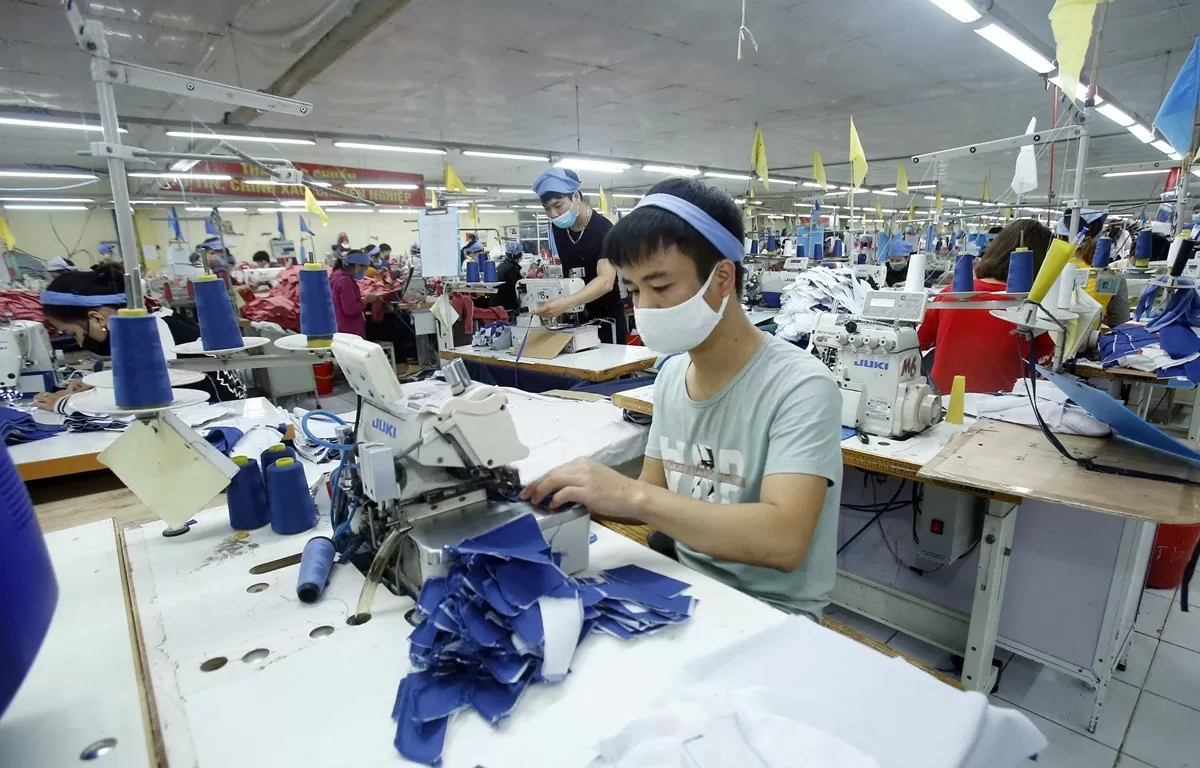 |
| Textiles and garments are one of the main export items to the EU (Photo: VNA) |
In general, although the EU has built a very rich and useful information system to support businesses in accessing the market, effectively exploiting these resources remains a major challenge for Vietnamese businesses. Limitations in skills, language, finance, and synchronization in accessing information are the main barriers that need to be removed. This not only affects the ability to penetrate the EU market but also reduces the international competitiveness of Vietnamese goods. In the context of globalization and increasingly fierce competition, improving the ability to exploit market information will be the key for Vietnamese businesses to succeed in the European market.
- Although Vietnamese enterprises have made efforts to participate in trade promotion events, according to assessments, the effectiveness of these activities is not high as many enterprises do not achieve the desired results during and after attending the fair. In your opinion, what solutions are needed to improve the effectiveness of reaching international customers?
Ms. Nguyen Thi Hoang Thuy: To improve the effectiveness of approaching international customers and better take advantage of opportunities from trade fairs, Vietnamese businesses need to change their approach, build a systematic strategy and improve their professional capacity throughout the entire transaction process, from the preparation and implementation stages to maintaining relationships after contact. One of the first important factors is to thoroughly research the target market before starting any commercial activity. Businesses need to analyze the characteristics of the market, the specific needs of each customer group, and how their products or services can meet those requirements. Understanding this information will help businesses set specific goals and come up with appropriate approaches, instead of just participating passively or experimentally.
A common challenge that many Vietnamese businesses face is losing contact with customers after sending samples or quotes. This often stems from the lack of a strict follow-up process. To overcome this, businesses need to build a customer relationship management (CRM) system to track each stage of the transaction, from the first contact to the end of the deal. This system not only helps businesses maintain contact but also facilitates product information updates, sending thank-you emails, or implementing personalized promotional campaigns to keep customers interested. In addition, businesses should define a clear follow-up schedule to avoid customers feeling forgotten or not properly cared for.
It is also important to leverage technology to maintain contact with international customers. Digital platforms such as email, social media, or webinar tools not only make it easy for businesses to connect with partners, but also provide a channel to introduce new products, update news, and listen to customer feedback. For example, after a trade show, businesses can host an online product launch to reinforce the information presented at the event and create an opportunity to reach customers who could not attend in person.
Vietnamese businesses also need to regularly evaluate the effectiveness of their customer outreach and trade fair participation activities. This includes analyzing the results achieved after each event, identifying success factors and learning from weaknesses. For example, if a trade fair does not generate potential orders, businesses need to consider whether they have chosen the right event, whether the customer outreach method is appropriate, and whether the product meets the needs of the target market. This analysis not only helps improve future performance but also helps businesses adjust their business strategies to better achieve their goals.
Finally, businesses should take advantage of support from trade promotion organizations, industry associations, or Vietnamese representative agencies abroad. These organizations not only provide valuable market information but can also help businesses connect with suitable partners, reducing the time and cost of finding customers. Close coordination with these organizations will bring great advantages to businesses, especially in building long-term relationships and strengthening reputation in the international market.
- Currently, our country's main export products to the EU are agricultural, forestry, aquatic products, textiles, footwear, etc. These are all products that are easily subject to non-tariff barriers and anti-dumping lawsuits from the EU. To minimize barriers or protection measures from the EU, what recommendations do you have for export businesses?
Ms. Nguyen Thi Hoang Thuy: Vietnamese enterprises exporting to the EU, especially in the fields of agriculture, forestry, fishery, textiles, and footwear, are facing non-tariff barriers and the risk of anti-dumping lawsuits. The main reason lies in the nature of processing production with low added value, leading to export prices lower than the average value of the EU market. This not only creates the risk of anti-dumping investigations but also reduces the competitiveness of Vietnamese products. To minimize these risks, enterprises need to focus on strategic measures to increase product value, make production processes transparent, and strictly comply with international standards.
One of the important solutions is to increase the added value of export products. Instead of focusing on raw processing, businesses need to invest in deep processing technology and develop differentiated products. For example, in the wood industry, instead of exporting raw materials or unfinished products, businesses should focus on producing high-end furniture with unique designs, or smart furniture with technology, meeting the tastes of EU consumers. For agricultural and aquatic products, processing them into value-added products such as canned foods, processed foods, or organic products will also help increase export value and reduce the risk of being suspected of dumping.
Another important strategy is to diversify your product portfolio and export markets. Over-reliance on a particular product or market makes your business vulnerable to protectionist measures. By expanding into markets other than the EU or developing new product lines, you can reduce competitive pressure and optimize your resources.
To avoid anti-dumping lawsuits, businesses need to build a transparent and reasonable pricing system. Prices need to reflect the true value of the product, including production, transportation and value-added costs. This not only helps businesses avoid suspicion but also creates trust with EU partners.
Finally, improving management capacity and understanding of EU legal regulations is essential.
Thank you!
| Businesses need to regularly update changes in EU trade policies and import standards. Cooperating with trade promotion organizations, industry associations, or Vietnam Trade Offices in the EU can help businesses easily access information and support to resolve arising issues. |
Source: https://congthuong.vn/xuat-khau-sang-thi-truong-eu-tap-trung-vao-san-pham-che-bien-sau-khac-biet-371290.html


![[Photo] Opening of the 4th Summit of the Partnership for Green Growth and the Global Goals](https://vstatic.vietnam.vn/vietnam/resource/IMAGE/2025/4/16/488550ff07ce4cd9b68a2a9572a6e035)

![[Photo] Many practical activities of the 9th Vietnam-China border defense friendship exchange](https://vstatic.vietnam.vn/vietnam/resource/IMAGE/2025/4/16/3016ed3ef51049219574230056ddb741)

![[Photo] President Luong Cuong receives Ethiopian Prime Minister Abiy Ahmed Ali](https://vstatic.vietnam.vn/vietnam/resource/IMAGE/2025/4/16/504685cac833417284c88a786739119c)
![[Photo] North-South Expressway construction component project, Bung - Van Ninh section before opening day](https://vstatic.vietnam.vn/vietnam/resource/IMAGE/2025/4/17/ad7c27119f3445cd8dce5907647419d1)
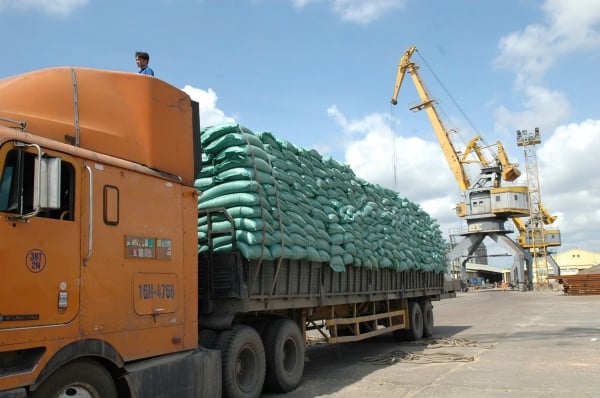


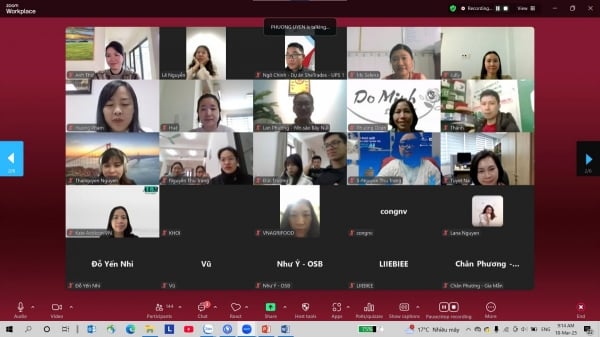
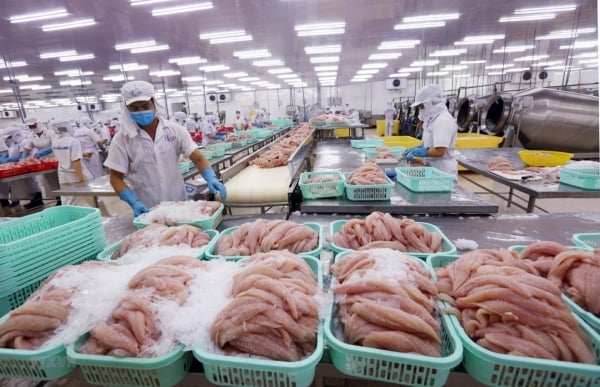

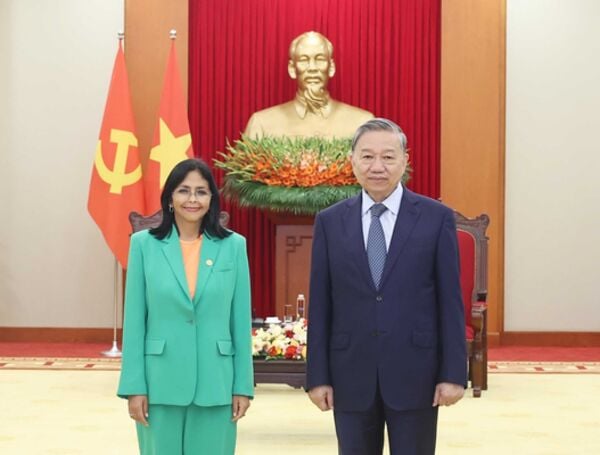

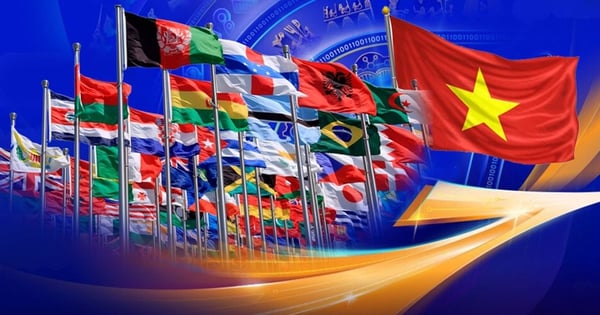
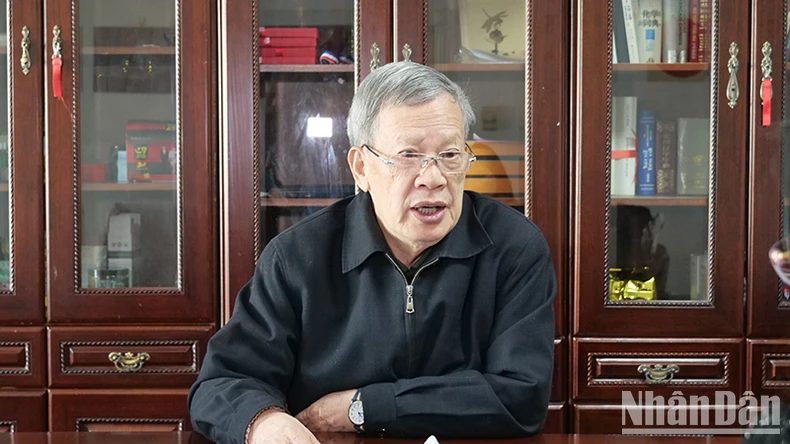

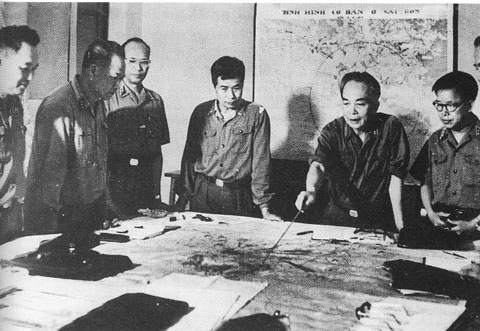




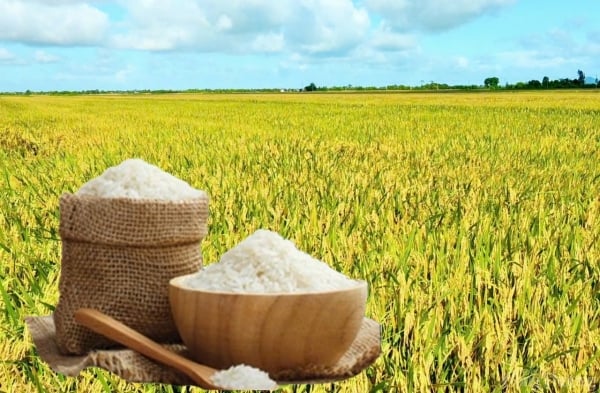
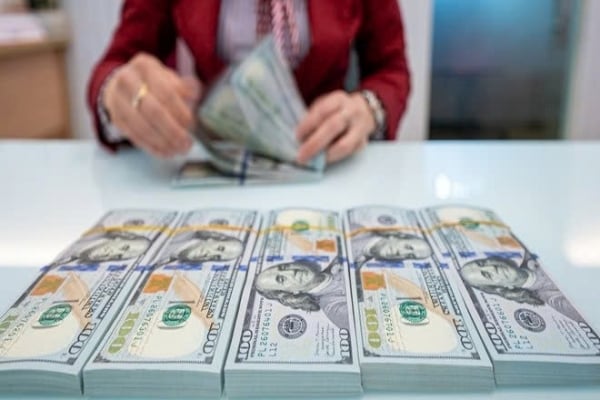

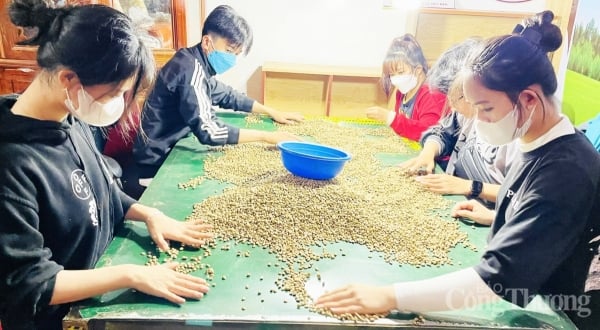
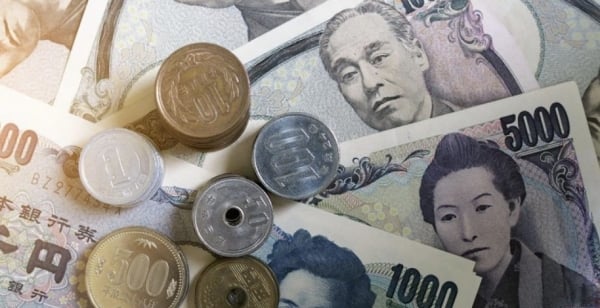

![[Photo] National Assembly Chairman Tran Thanh Man meets with Ethiopian Prime Minister Abiy Ahmed Ali](https://vstatic.vietnam.vn/vietnam/resource/IMAGE/2025/4/16/c196dbc1755d46e4ae7b506c5c15be55)


















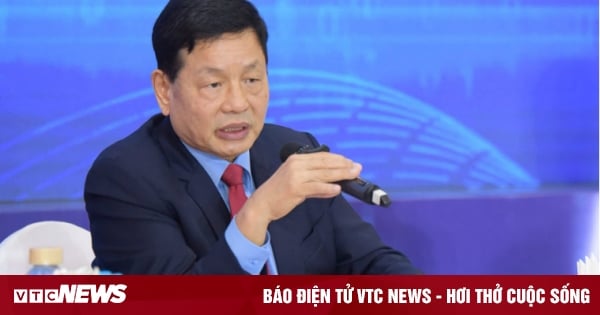





![[Video] Viettel officially puts into operation the largest submarine optical cable line in Vietnam](https://vstatic.vietnam.vn/vietnam/resource/IMAGE/2025/4/17/f19008c6010c4a538cc422cb791ca0a1)
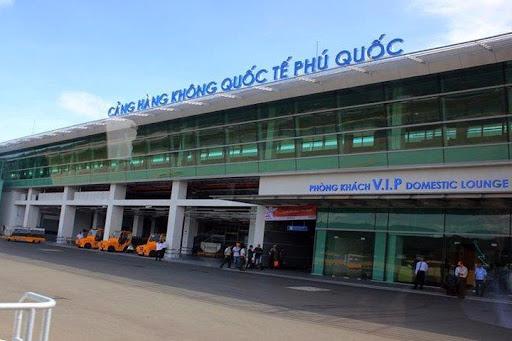
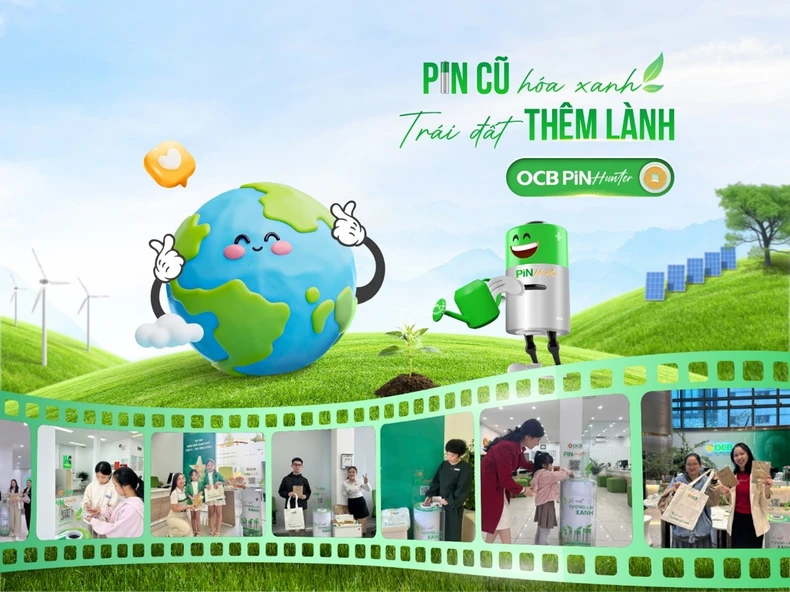


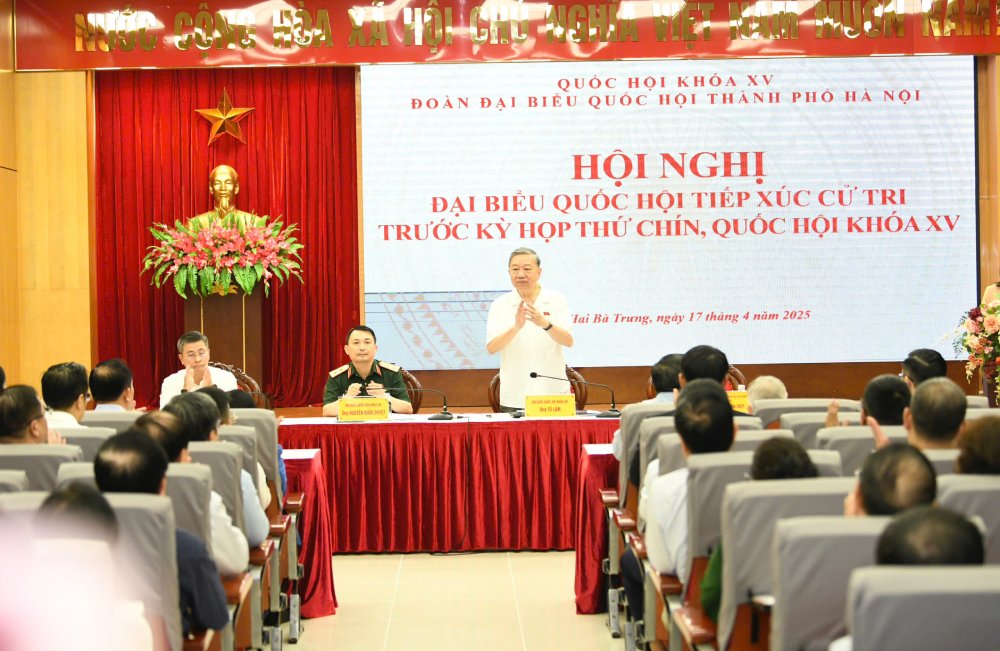







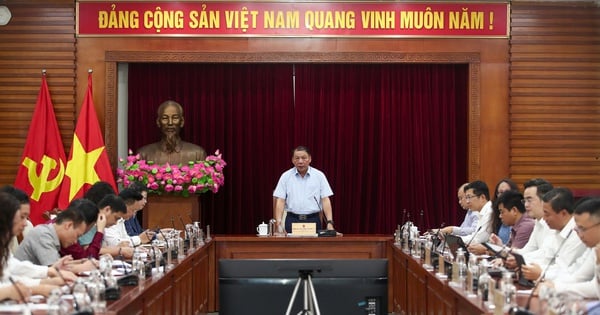


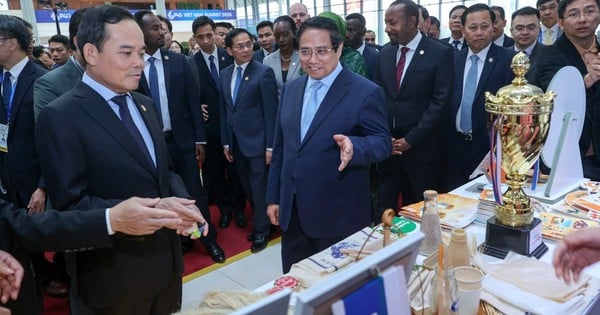

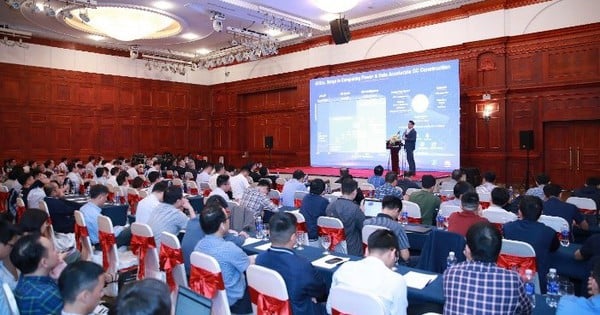
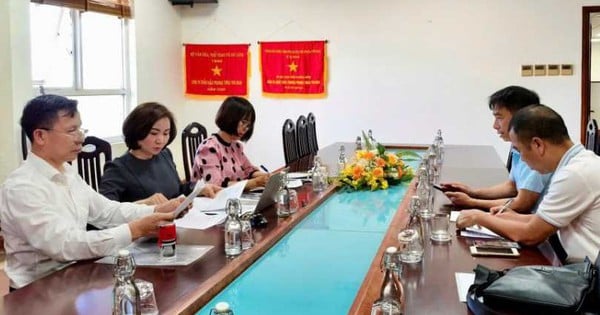
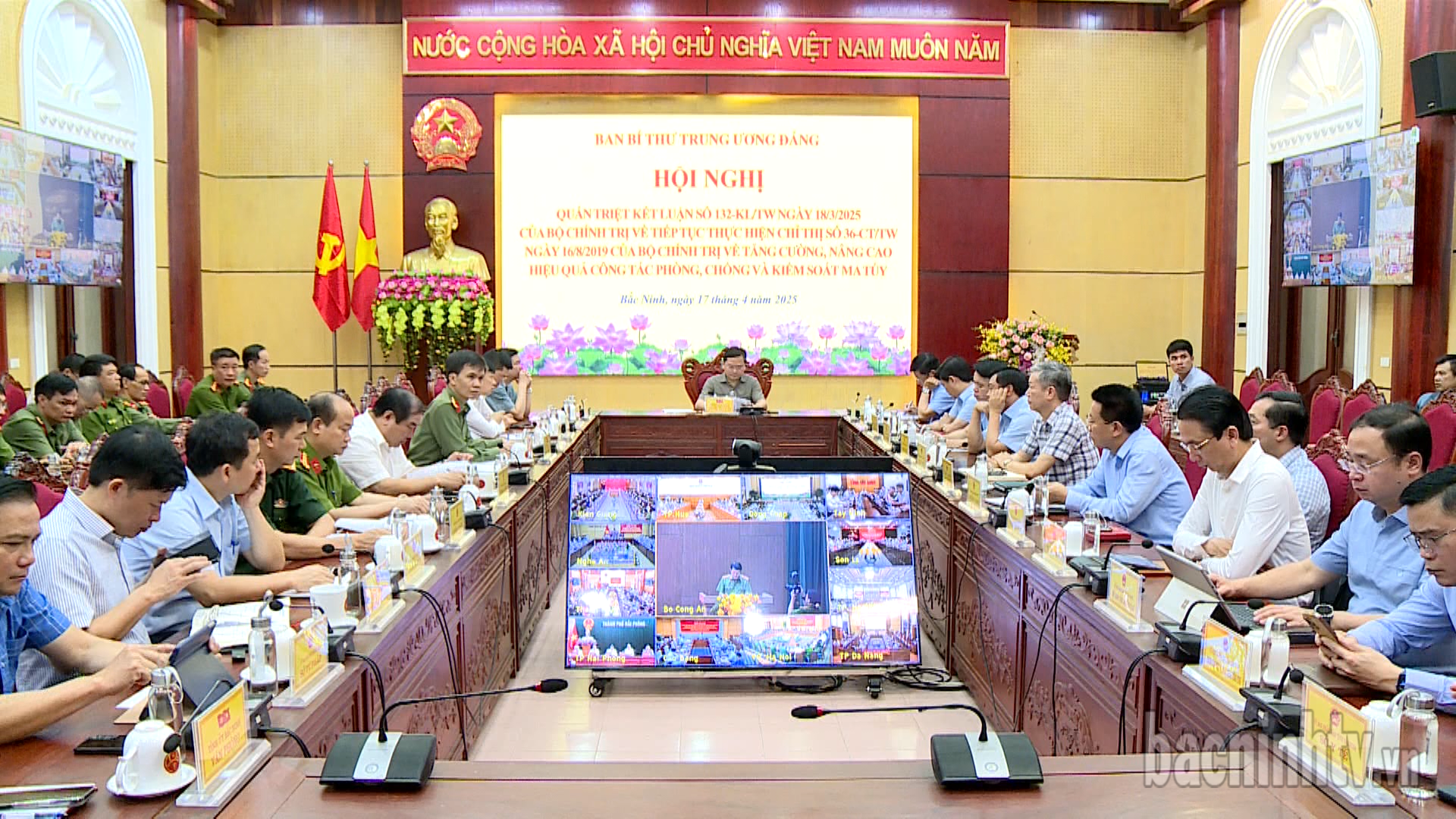


















Comment (0)